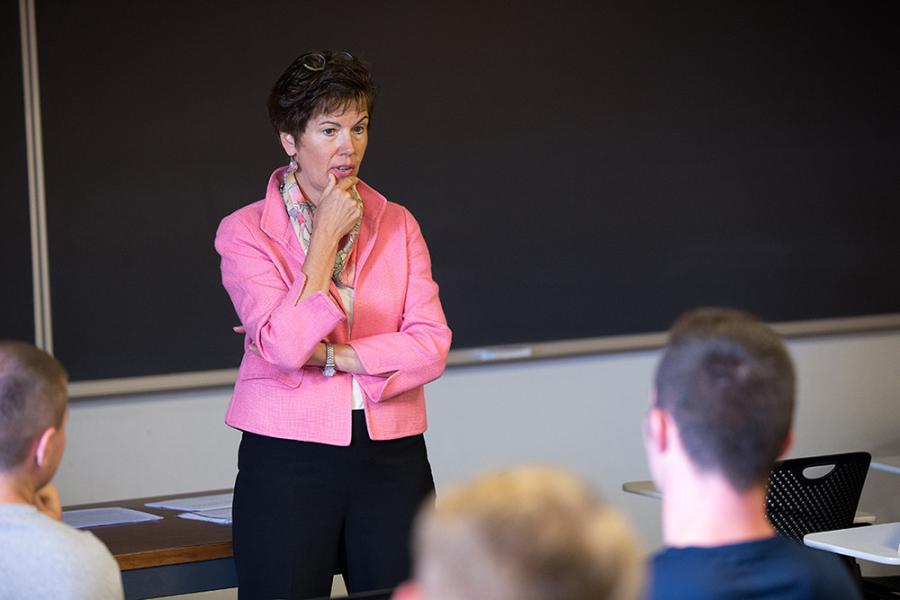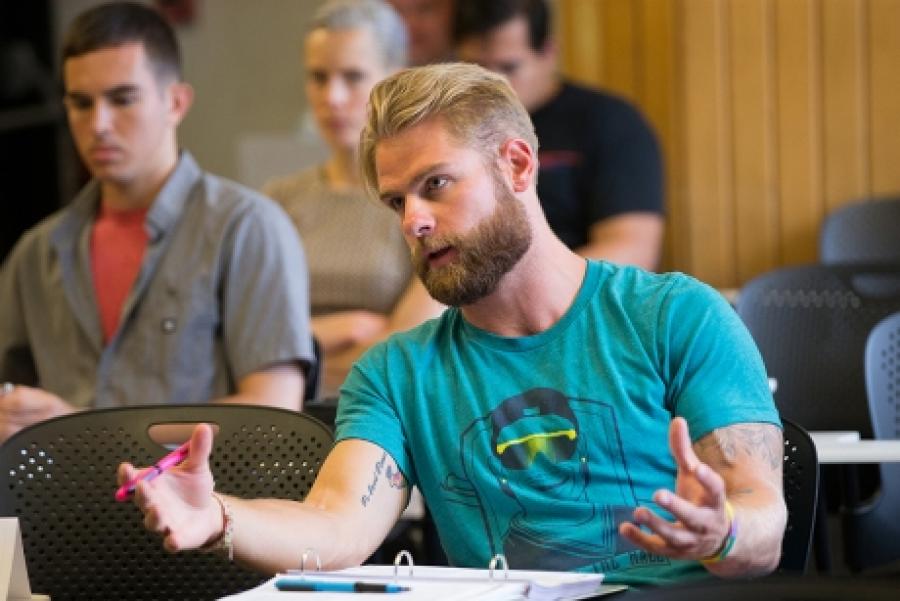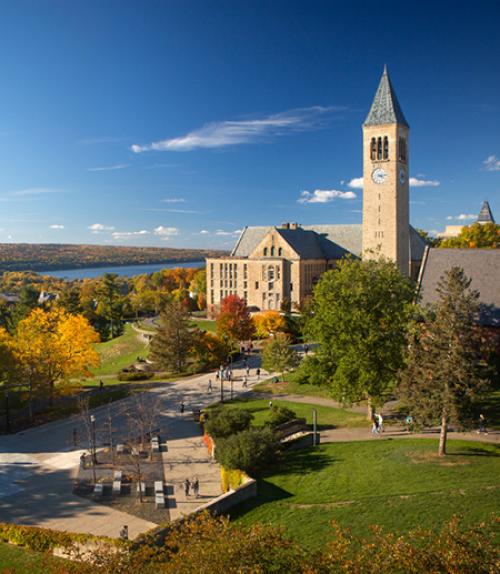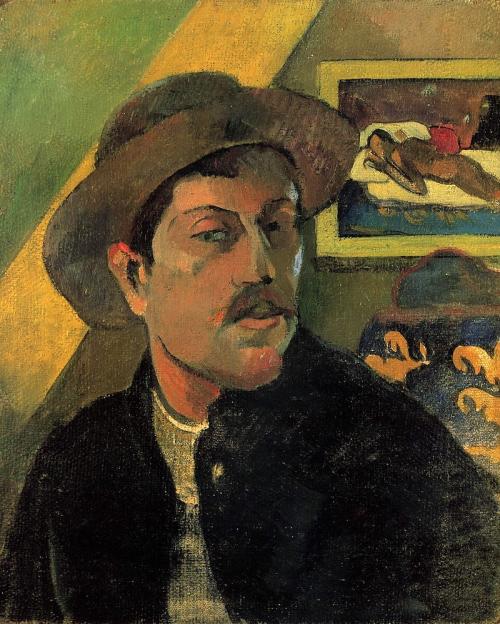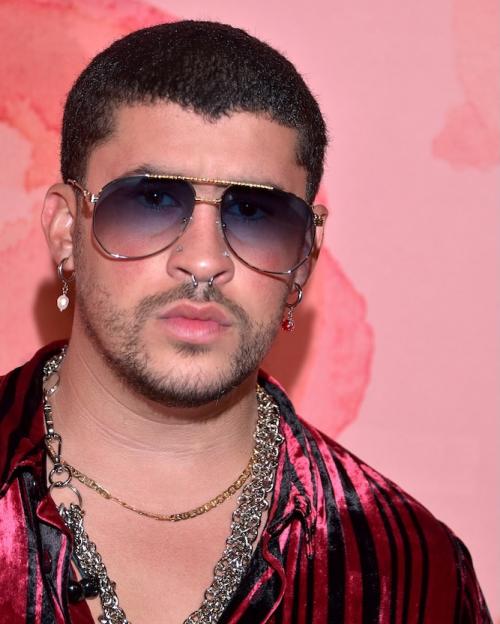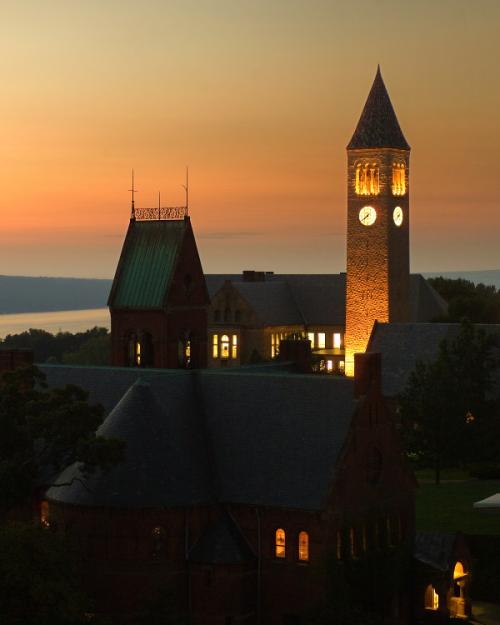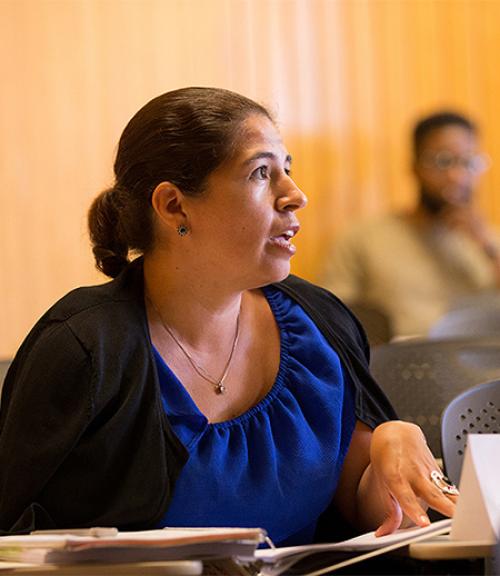Whether they served in the Army, Navy, Marine Corps or Coast Guard, the 15 veterans and reservists of the first 2017 Warrior-Scholar Project (WSP) class agreed they gained a greater appreciation for democracy in the United States by seeing people from other countries aspire to a way of life many Americans take for granted.
Gretchen Ritter ’83, the Harold Tanner Dean of Arts and Sciences at Cornell, used this observation July 24 to launch a two-hour discussion of the Declaration of Independence. She challenged Warrior-Scholar students to “never go into a class without an agenda of your own. What do you want out of that class?” she asked. “How does it apply to your work?”
Dean Gretchen Ritter holds a discussion with 2017 Cornell Warrior-Scholar Project Participants July 24.
The WSP, launched at Yale University in 2012 and now offered at 15 colleges and universities, helps veterans and enlisted service men and women leverage their experience, training, drive and discipline to transition from active duty military service to academic life. With a curriculum that deals with topics familiar to veterans, WSP focuses on analytic reading, college-level writing and the types of study skills needed for success at a top-tier college or university.
Ritter led the students through a discussion of their assigned readings from Danielle Allen’s “Our Declaration: A Reading of the Declaration of Independence in Defense of Equality.” Allen wanted her readers to see the relevance of the Declaration of Independence to their own lives, not just as a historical document. WSP students explored the language of the declaration, the ideals of equality and freedom, and the gaps – and bridges – between those ideals and their realization in everyday life.
“This was a phenomenal session,” said former Navy Petty Officer 1st Class Ian Britt. “Just going over the Declaration of Independence and clarifying different concepts helped me see democracy from a new perspective.”
“My mind felt alive,” said Coast Guard Petty Officer 2nd Class Wilson Obrero. “It was good to be in an environment in which the conversation was so deep.”
Ritter asked participants to consider how Facebook and other social media platforms have changed how people communicate with each other.
“How many of you make a point of exposing yourselves to perspectives you are likely to disagree with?” Ritter asked. “What keeps you from doing so?”
“The dean made us challenge our own ideas and encouraged discussions as a means of analyzing differing viewpoints,” said Private 1st Class Husna Ahmed, Army National Guard in New Jersey.
2017 Cornell Warrior-Scholar Project participants discuss the Declaration of Independence.
